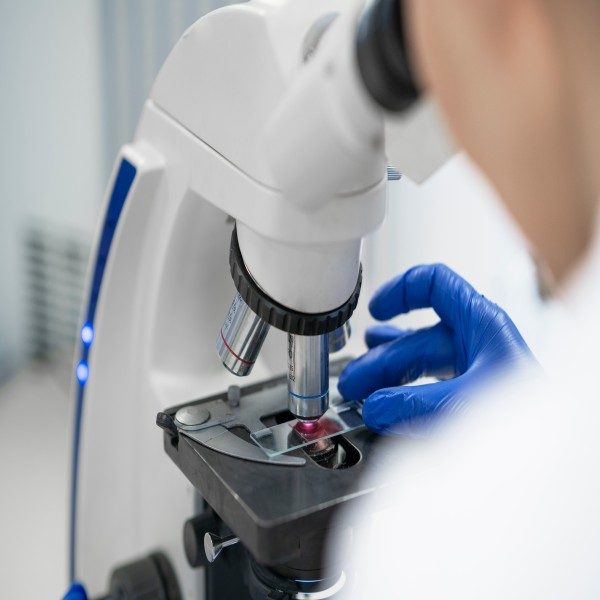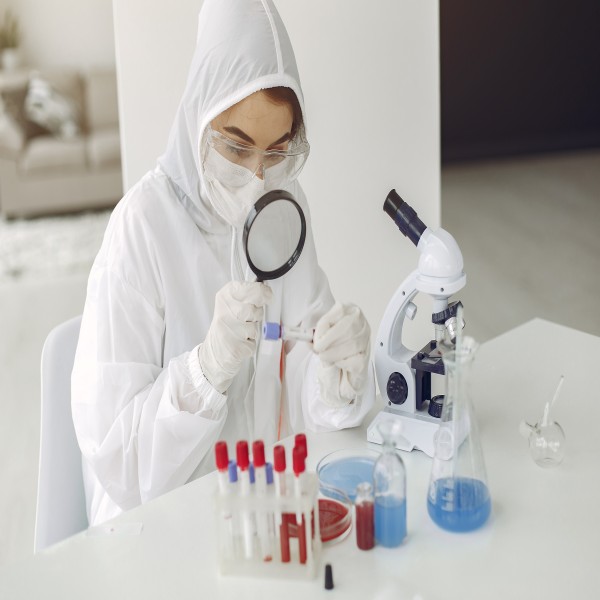Pathology
Cultivate Wellness
PROMOTING FEMALE HEALTH AT EVERY STAGE
We specialize in Pathology
Pathology is the medical specialty concerned with the study of the nature and causes of diseases. It involves the examination of tissue samples, body fluids, and other specimens to diagnose and monitor medical conditions. Pathologists use a range of laboratory techniques and tools to analyze samples and identify abnormalities, such as cancer cells or infectious agents.


Pathology is divided into several sub-specialties, including:
Anatomic pathology: The study of the structure and function of tissues and organs at a microscopic and macroscopic level. This includes the diagnosis of diseases such as cancer, infections, and autoimmune disorders.
Clinical pathology: The analysis of body fluids and tissues to diagnose and monitor diseases, including blood tests, microbiology, and molecular pathology.
Forensic pathology: The study of the causes and mechanisms of death, including the investigation of sudden or unexpected deaths, and the interpretation of autopsy findings.
Neuropathology: The study of the nervous system and its disorders, including the diagnosis of brain tumors, degenerative diseases, and traumatic brain injury.
Pediatric pathology: The study of diseases that affect infants, children, and adolescents.
Pathologists work in a variety of settings, including hospitals, medical laboratories, and research institutions. They collaborate with other healthcare professionals, such as physicians and surgeons, to provide accurate diagnoses and inform treatment decisions. The results of pathology testing play a crucial role in the diagnosis, treatment, and management of a wide range of medical conditions.
Frequently Asked Questions
What is Pathology?
Pathology is the branch of medicine that studies diseases, their causes, development, and effects on the body by examining tissues, blood, and other body fluids.
What does a Pathologist do?
Pathologists diagnose diseases by analyzing blood tests, biopsies, and other lab results. They work closely with doctors to guide treatment decisions.
What are the main types of Pathology?
- Anatomical Pathology – Examines tissues and organs (e.g., biopsies, autopsies).
- Clinical Pathology – Studies blood, urine, and other body fluids.
- Molecular Pathology – Focuses on DNA/RNA changes in diseases like cancer.
- Forensic Pathology – Determines the cause of death in legal cases.
What are common blood tests analyzed in Pathology?
- Complete Blood Count (CBC) – Checks for anemia, infection, and blood disorders.
- Liver Function Tests (LFTs) – Evaluates liver health.
- Kidney Function Tests (KFTs) – Assesses kidney performance.
- Blood Sugar Test – Diagnoses diabetes.
- Tumor Markers – Detects cancer-related proteins in the blood.
How are infections diagnosed in Pathology?
Through blood cultures, urine tests, throat swabs, and PCR tests to detect bacteria, viruses, or fungi.